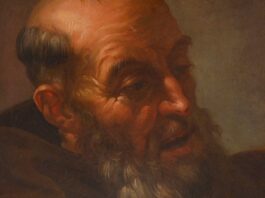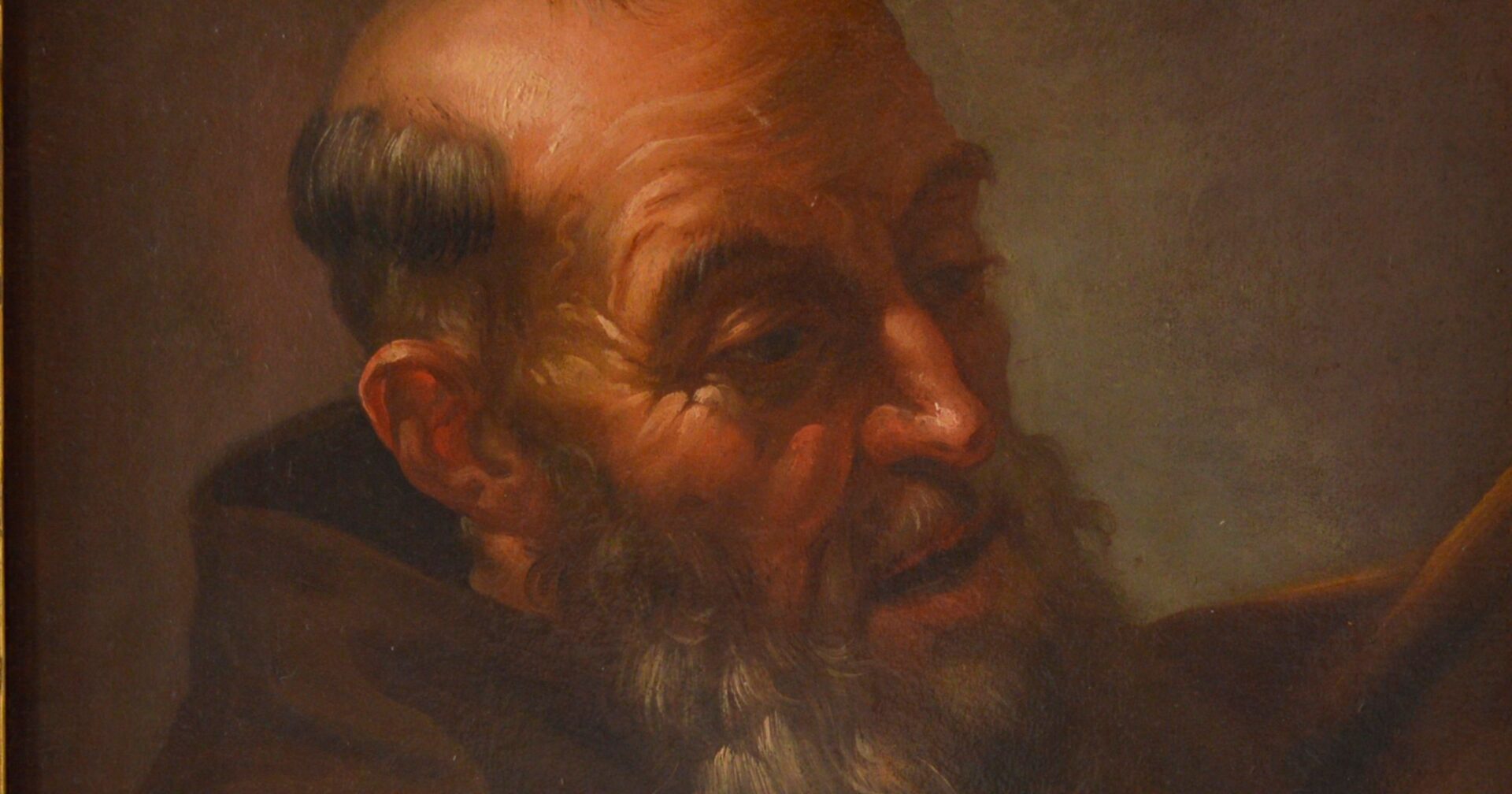
Saint Lawrence of Brindisi, renowned for his extraordinary language proficiency, mastered not just his native Italian but also Latin, Hebrew, Greek, German, Bohemian, Spanish, and French. This unique ability set the stage for his extraordinary contributions to the Christian faith.
Born on July 22, 1559, Lawrence, then known as Julius Caesar or Caesare in Italian, tragically lost his parents at a young age. His upbringing was overseen by his uncle, who ensured he received a quality education at the College of St. Mark in Venice.
Lawrence’s journey into spiritual life began when he joined the Capuchin Franciscan Order in Venice at the young age of 16, and it was here that he adopted his new name. His intellectual journey continued as he pursued studies in philosophy and theology at the University of Padua, eventually being ordained a priest at 23.
Lawrence’s linguistic skills allowed him to study the Bible in its original languages. His profound understanding of Hebrew so impressed the Jewish rabbis that they suspected he was a converted Jew. His contributions to Christian-Jewish dialogue were so significant that Pope Clement VIII enlisted him to preach to the Jews in Italy.
Over time, Lawrence’s scholarly work took form, culminating in a 15-volume edition of his writings published by the Capuchins in 1956. These works largely consisted of sermons rooted deeply in scriptural quotations, highlighting his commitment to biblical teachings. He also penned a commentary on Genesis and multiple treatises challenging Martin Luther’s doctrines.
Simultaneously, Lawrence was ascending the ranks of the Capuchin Order due to his combination of scholarly brilliance, human compassion, and leadership skills. At only 31, he was elected the major superior of the Capuchin Franciscan province of Tuscany. His effectiveness in leadership was recognized widely, leading to his election as the minister general of the Capuchins in 1602. Under his leadership, the Order experienced significant growth and expansion.
Beyond his administrative duties, Lawrence also served as a papal emissary and peacemaker, roles that took him to various foreign lands. A peace mission in his native kingdom of Naples even led him to Lisbon to engage with the king of Spain. Unfortunately, it was during this journey that he fell seriously ill, leading to his demise in 1619.
Lawrence’s impact was commemorated through his canonization in 1881 and his proclamation as a Doctor of the Church by Pope John XXIII in 1959.
Photo credit: Public Domain via Wikimedia Commons
The post Saint Lawrence of Brindisi appeared first on uCatholic.
Daily Reading
Thursday after Epiphany
Reading I 1 John 4:19–5:4 Beloved, we love God because he first loved us. If anyone says, “I love God,” but hates his brother, he is a liar; for whoever…
Daily Meditation
Love What He Loves, Do What He DoesAma lo que Él ama, haz lo que Él hace
Click here for daily reading When we read St. John’s letters it can sometimes be difficult to focus on the deeper meaning. John has an amazing depth of thought, but…




